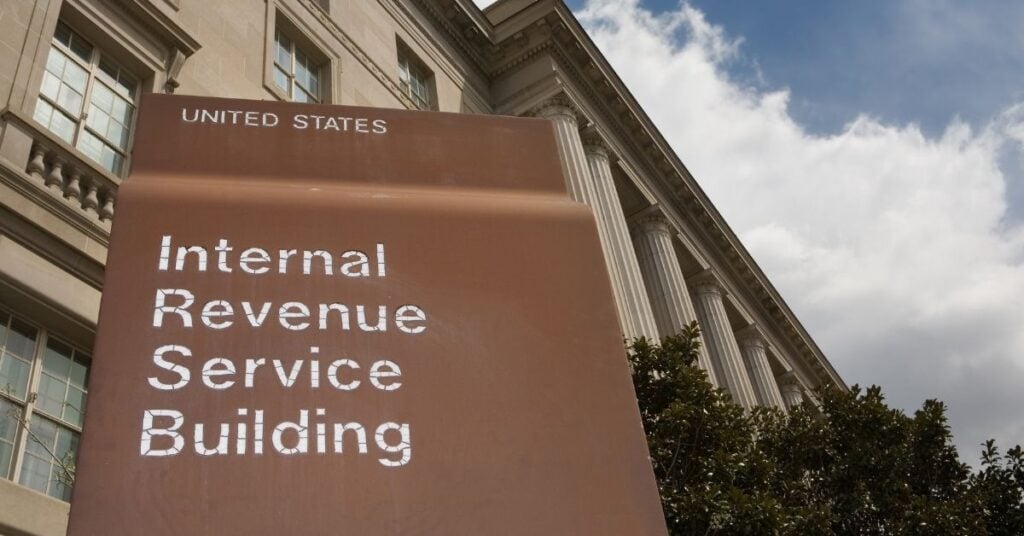This blog was updated on January 10 after the House passed the legislation
Last night the new Republican majority in the House of Representatives kicked off its legislative work in the 118th Congress by approving a bill that would make it easier for wealthy people and profitable corporations to violate tax laws.
The “Family and Small Business Taxpayer Protection Act” – which has no chance of passage in the Senate and would face a veto even if it passed the Senate – would rescind 90 percent of the new funding for the Internal Revenue Service included in last year’s Inflation Reduction Act. This would eliminate the new law’s $45.6 billion to enforce the tax code for people making more than $400,000 and repeal an additional $26 billion in IRS funding that would include, among other things, a pilot for a free e-file program to make it easier for people with relatively simple tax returns to file. The slash-and-burn bill comes just weeks after Republicans forced a 2 percent cut in annual IRS funding as part of the omnibus spending plan.
The funding for tax enforcement is critical to allowing the IRS to do one of its most important jobs: crack down on tax evasion by the extremely wealthy and by big corporations. The IRS has had a hard time doing this lately – as evidenced by its failure to properly audit Donald Trump’s tax returns – because its enforcement budget was cut by about a fourth between 2010 and 2021, after adjusting for inflation. This led to a 40 percent drop in revenue agents – the auditors uniquely qualified to examine the returns of high-income individuals and corporations – over the same time. The number of revenue agents is the lowest it’s been since 1953.
As a result, the gap between taxes owed and paid keeps growing, driven largely by sophisticated accounting tricks used by higher-income households and large corporations. The most recent estimated gross tax gap, for 2014 through 2016, was $496 billion – an increase of $58 billion from the previous estimate.
The bill would make these trends worse, as evidenced by the Congressional Budget Office analysis released yesterday. The CBO found that the bill would decrease tax receipts by $186 billion over 10 years and therefore add $114 billion to the deficit over that time.
At the same time, the funding cuts Republicans seek would make it more difficult and expensive for non-wealthy people to file their taxes. Filing taxes should be a quick and painless process for people with straightforward income, so lawmakers included instructions in the IRA for the IRS to form a pilot for a free e-file program. Now, the GOP House majority wants to kill this program, inevitably pushing filers toward predatory private services like the TurboTax “Free Edition” that charged filers hundreds of dollars despite the clear implication of its advertising.
The funding cuts would also hit essential taxpayer services, meaning many people might end up waiting longer to receive refunds or get answers to questions. The bill includes more than $25 billion in cuts to “Operations Support” – things like communications and information technology that help the agency work better.
This bill is an attack on tax enforcement and the fairness of our entire tax system. It would make it easier for wealthy Americans and profitable corporations to evade taxes, eroding the integrity of our tax code while reducing the revenue lawmakers have available to invest in the American people.





